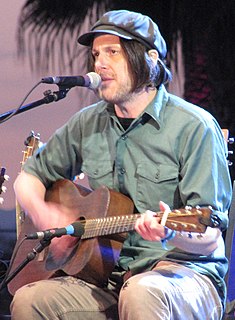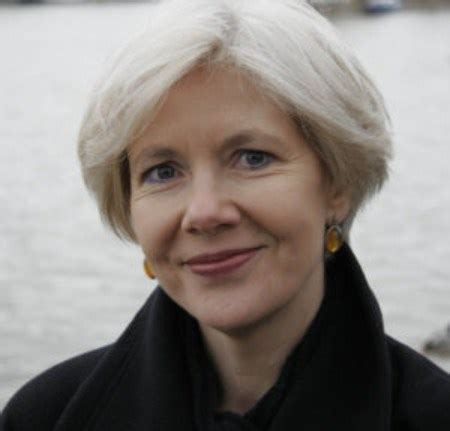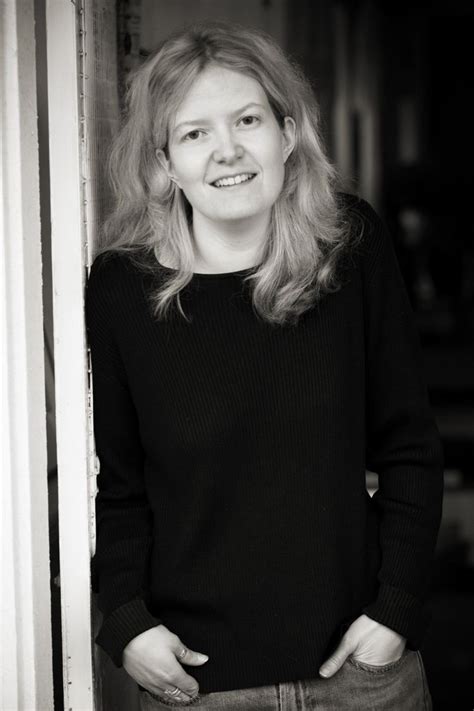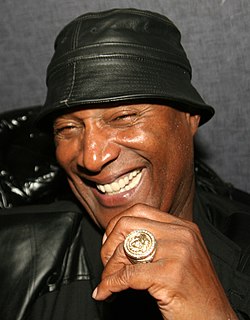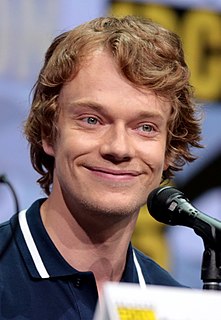A Quote by Jay Shetty
By looking at the suffering when I went out to India, I saw how people had nothing and were still trying to be happy.
Related Quotes
When so many of our dreams had come true and yet I still saw that so many of my friends were in a lot of pain... I saw their pain from a different perspective and realized that I can't just sing my way out of all this suffering. I have to try to understand human nature and myself and the nature of suffering and a lot of these other issues on a deeper level.
You'd have thought that after suffering such a loss nothing else would matter to her but that didn't seem to be how it worked. She was fearful about everything now. It was as if she had finally seen the awful power of fate, it's deviousness, the way it could wipe out in an instant the one thing you had been certain you could rely on, and now she was constantly looking over her shoulder, trying to work out where the next blow might fall.
I saw. I wanted to start my own store so people would know that what they were buying was real. There were bootlegs around at the time that had my name on the cover, but the music had nothing to do with me. I'm not trying to compare myself to [Jimmie] Hendrix, but back in the '70s, there were some Hendrix bootlegs.
We have become terribly vulnerable, not because we suffer but because we have separated ourselves from each other. A patient once told me that he had tried to ignore his own suffering and the suffering of other people because he had wanted to be happy. Yet becoming numb to suffering will not make us happy. The part in us that feels suffering is the same as the part that feels joy.
I saw a psychiatrist when I was younger because I had ADHD, and I had some problems with authority, so I guess I can kind of relate to that in a way. I know what it's liked to be probed and to be asked questions where people are looking for a certain answer and are trying to pull something out of your answer.
Cinema has changed the world. If you go to the beginning of the cinema, you can see that the world started meeting other worlds. It was extraordinary. We saw how other people were living and thinking. How they were sad or happy. We also saw the body - naked or half-naked people, which was prohibited everywhere by religions. This was extremely important.
Call saw that everyone was looking at him, the hands and cowboys and townspeople alike. The anger had drained out of him, leaving him feeling tired. He didn't remember the fight, particularly, but people were looking at him as if they were stunned. He felt he should make some explanation, though it seemed to him a simple situation. "I hate a man that talks rude," he said. "I won't tolerate it.
She was looking into my eyes with that way she had of looking that made you wonder whether she really saw out of her own eyes. They would look on and on after every one else's eyes in the world would have stopped looking. She looked as though there were nothing on earth she would not look at like that, and really she was afraid of so many things.
I got up and saw my face in the mirror and saw the horror. When they did the surgery on me, they took out 67 glass pieces. There were a lot of movies that I had lined up for myself during that time, and I had to let it go. I didn't want people to know because, at that time, people were not that supportive.
Bruno opened his eyes in wonder at the things he saw. In his imagination he had tough that all the huts were full of happy families, some of whom sat outside on rocking chairs in the evening and told stories about how things were so much better when they were children and they'd had nowadays. He thought that all the boys and girls who lived there would be in different groups, playing tennis or football, skipping and drawing out squares for hopscotch on the ground. As it turned out, all the things he thought might be there-wern't.'' -The boy in the striped Pajamas
It was Buckley, as my father and sister joined the group and listened to Grandma Lynn’s countless toasts, who saw me. He saw me standing under the rustic colonial clock and stared. He was drinking champagne. There were strings coming out from all around me, reaching out, waving in the air. Someone passed him a brownie. He held it in his hand but did not eat. He saw my shape and face, which had not changed-the hair still parted down the middle, the chest still flat and hips undeveloped-and wanted to call out my name. It was only a moment, and then I was gone.

